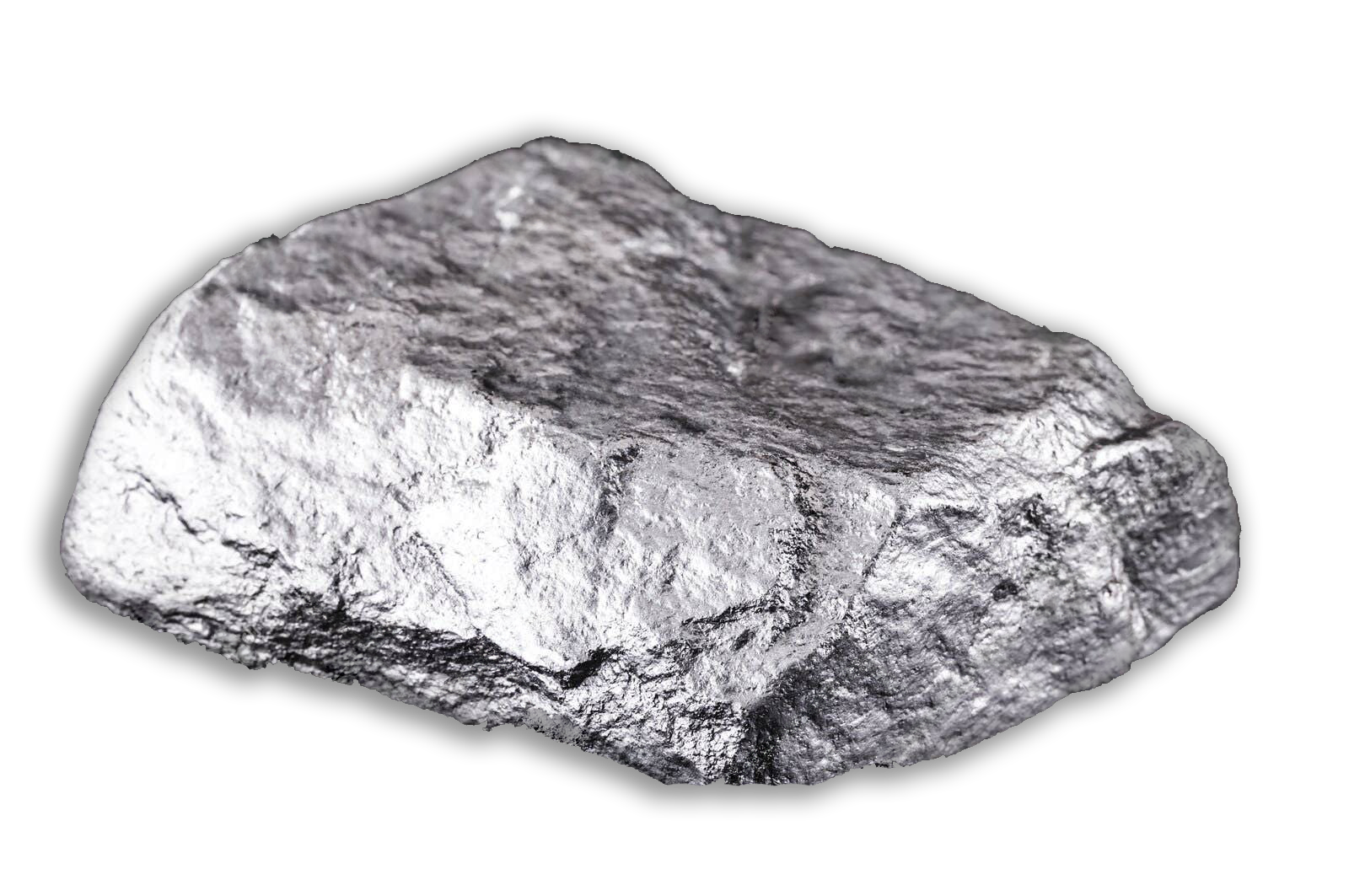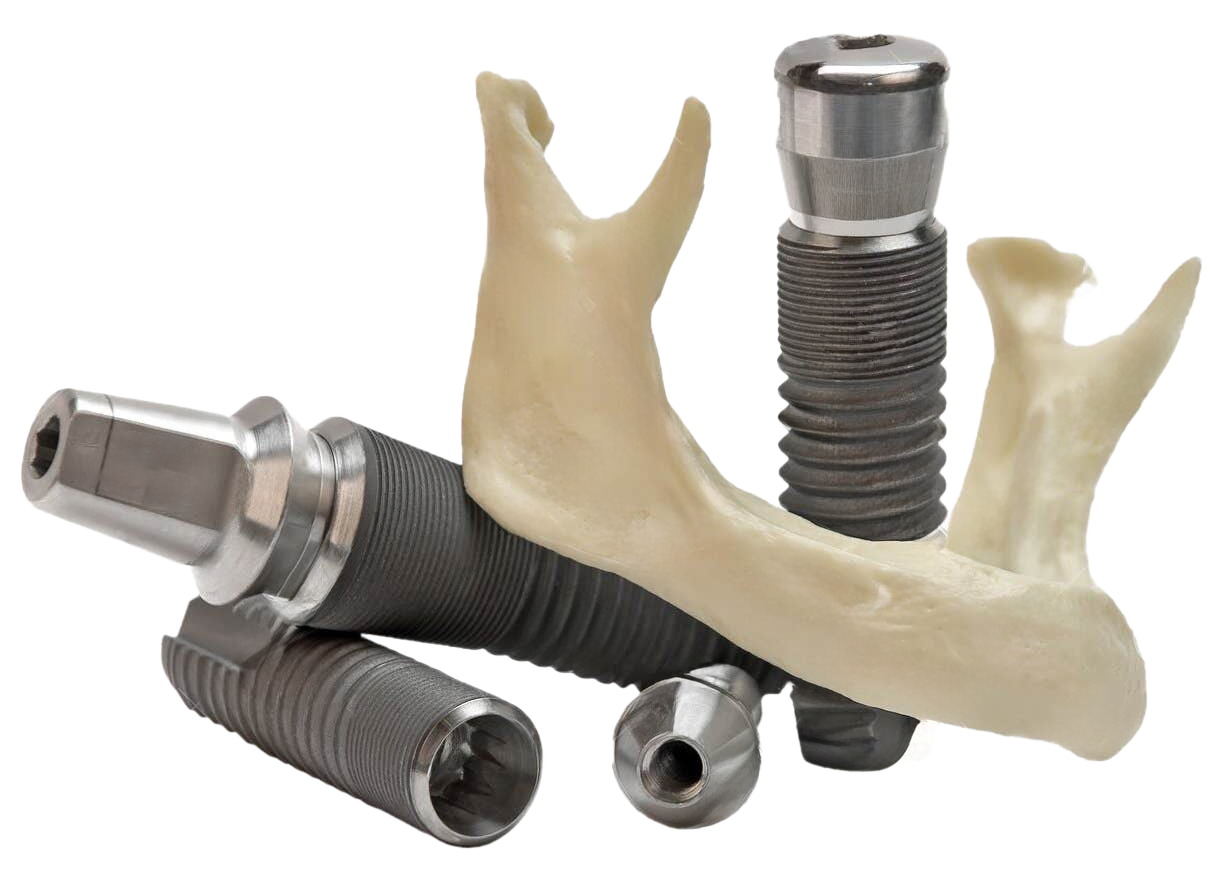
Titanium concentrate and ilmenite stand as the primary sources of titanium worldwide, playing a vital role in the supply chain of advanced industries. Titanium, renowned for its exceptional properties such as corrosion resistance, high strength, and lightweight nature, is extracted from mineral ores like ilmenite (FeTiO₃) and rutile. The processing of these ores results in titanium concentrate, which is either transformed into titanium dioxide (TiO₂) for pigment applications or refined into titanium metal for industrial and military uses. Ilmenite, a compound of iron and titanium, is one of the most abundant natural sources of this metal. Once processed into high-grade concentrate, it serves a wide range of industries. In this comprehensive article, we explore these materials, their applications, and, most importantly, the major global consumers driving demand, while providing detailed insights into the key companies and organizations relying on them.
Primary Applications of Titanium Concentrate
The most significant use of titanium concentrate lies in the production of titanium dioxide (TiO₂), accounting for approximately 95% of its global consumption. Titanium dioxide, a highly effective white pigment with superior coverage, is a cornerstone of industries like paints, plastics, paper, inks, and even cosmetics and personal care products. Its ability to reflect light and resist UV radiation makes it an essential component in everyday items. Meanwhile, a smaller yet critical portion of titanium concentrate is used to produce titanium metal, which finds applications in aerospace, medical, and military sectors. Titanium metal’s unmatched strength-to-weight ratio and biocompatibility make it indispensable for manufacturing aircraft bodies, medical implants, and cutting-edge equipment. Ilmenite, as a cost-effective raw material, is often processed into titanium dioxide or ferrotitanium (a titanium-iron alloy) for use in steelmaking. This versatility underscores the strategic importance of these materials in the global economy.
Global Demand and Key Markets
From a geographical perspective, China dominates as the largest consumer of titanium concentrate, accounting for over 42% of global imports. The country’s rapid industrial growth—especially in construction, automotive, and pigment production—fuels this massive demand. The United States follows closely, driven by its aerospace giants and pigment manufacturers. In Europe, nations like Germany, France, and the United Kingdom are key importers, leveraging these materials across their advanced industrial sectors.
The global market for titanium concentrate and ilmenite has seen steady growth in recent years. Rising demand from aerospace, renewable energy (e.g., wind turbines using titanium alloys), and pigment industries has propelled this trend. Major companies are investing in new mines and advanced processing technologies to secure a sustainable supply chain and reduce dependence on limited resources. With the development of innovative technologies and an increasing need for lightweight, durable materials, the importance of titanium concentrate and ilmenite is expected to grow even further in the coming decades.
Major Consumers of Titanium Concentrate and Ilmenite
The primary consumers of titanium concentrate and ilmenite can be categorized into several key groups:

- Pigment Manufacturers
- Aerospace Industry
- Titanium Metal Producers
- Steel Industry
- Government and Military Organizations
- Medical and Dental Equipment Manufacturers
1. Pigment Manufacturers
Among the leading names in pigment and titanium dioxide production is Chemours, a U.S.-based company spun off from DuPont in 2015. Another prominent player is Tronox, an international firm headquartered in the U.S., known for its significant TiO₂ output. Venator Materials, with operations in the UK and the U.S., is also a key producer of titanium dioxide. On the global stage, Lomon Billions, China’s largest TiO₂ manufacturer, plays a pivotal role in meeting worldwide demand.
2. Aerospace Industry and Titanium Metal Producers
In the realm of titanium metal production, companies like Titanium Metals Corporation (TIMET) and VSMPO-AVISMA are major consumers of titanium concentrate. TIMET, based in the U.S., is one of the oldest and most respected names in the field, supplying critical materials to partners such as Boeing and Airbus, which rely on titanium for aircraft manufacturing.
3. Steel Industry
In steelmaking, giants like ArcelorMittal, the world’s largest steel producer, and POSCO, South Korea’s steelmaking powerhouse, utilize ferrotitanium derived from ilmenite to enhance steel quality and performance.
4. Government and Military Organizations
Government and military entities are also significant consumers. NASA employs titanium metal in spacecraft, satellites, and space equipment, while the U.S. Department of Defense (Pentagon) and other global military organizations use it in fighter jets, armored vehicles, and missiles.
5. Medical and Dental Equipment Manufacturers
In the medical field, companies like Stryker and Zimmer Biomet leverage titanium’s biocompatibility to produce orthopedic implants, prosthetics, and dental equipment, capitalizing on its durability and safety for human use.
Conclusion
Titanium concentrate and ilmenite are not only foundational to everyday products like paints and plastics but also critical to advancements in cutting-edge technology and global security. From powering industrial giants to supporting innovations in aerospace and medicine, these materials are indispensable to the modern world. As demand continues to rise, their role in shaping the future of industries and economies worldwide will only grow stronger.
written by: Sara Ebrahimi
















